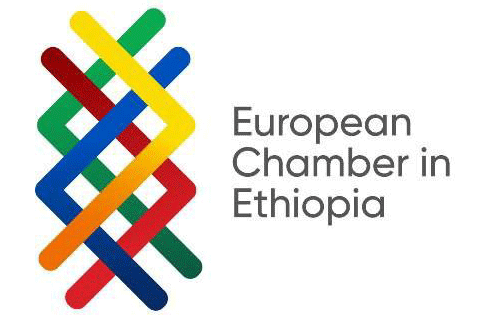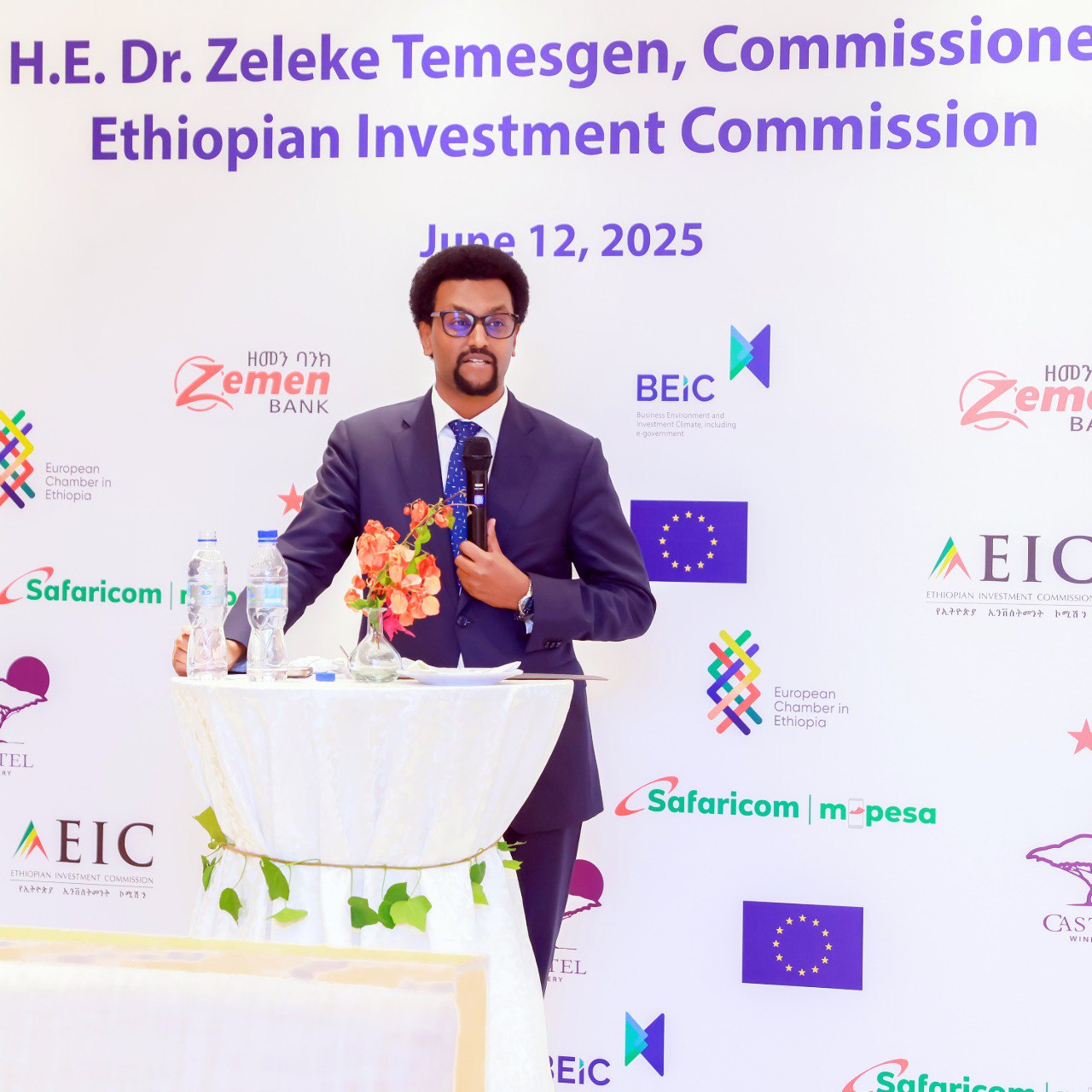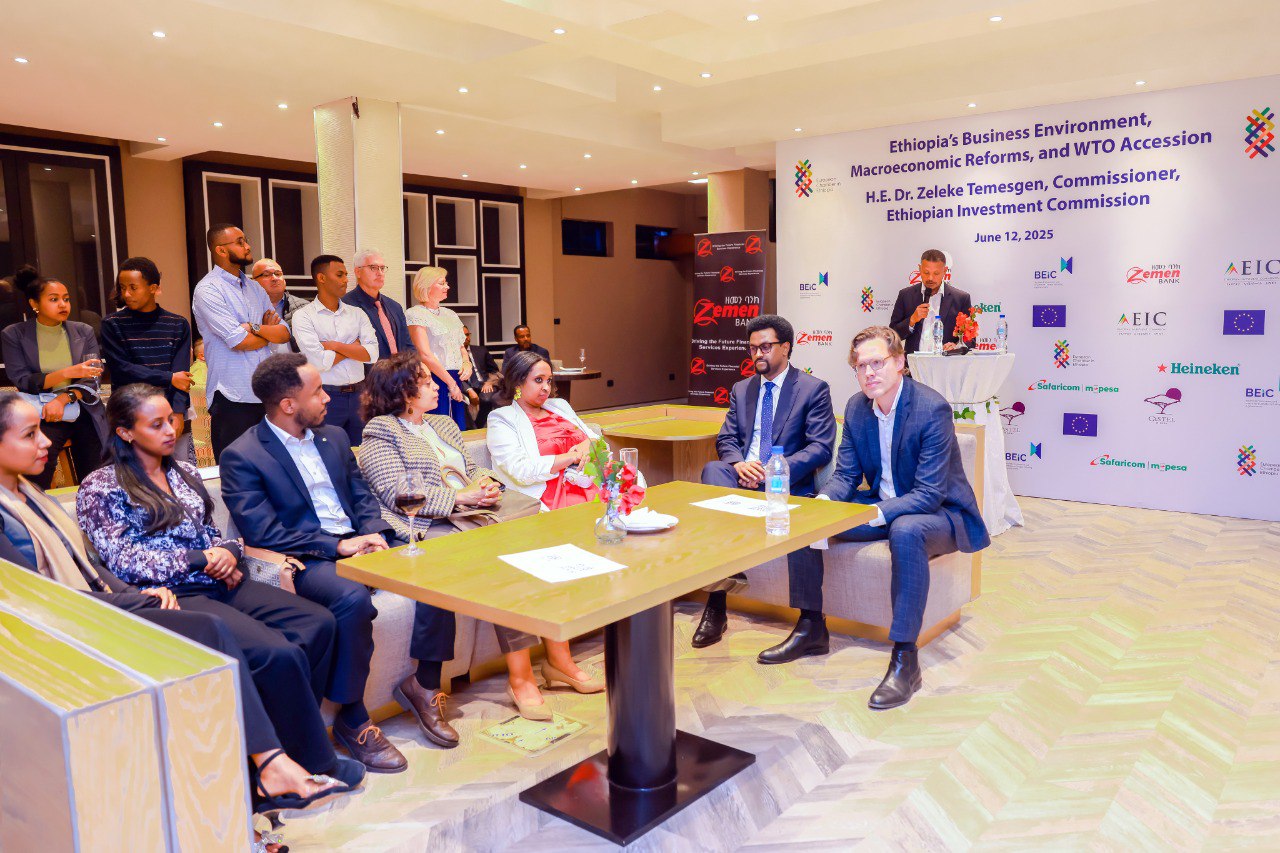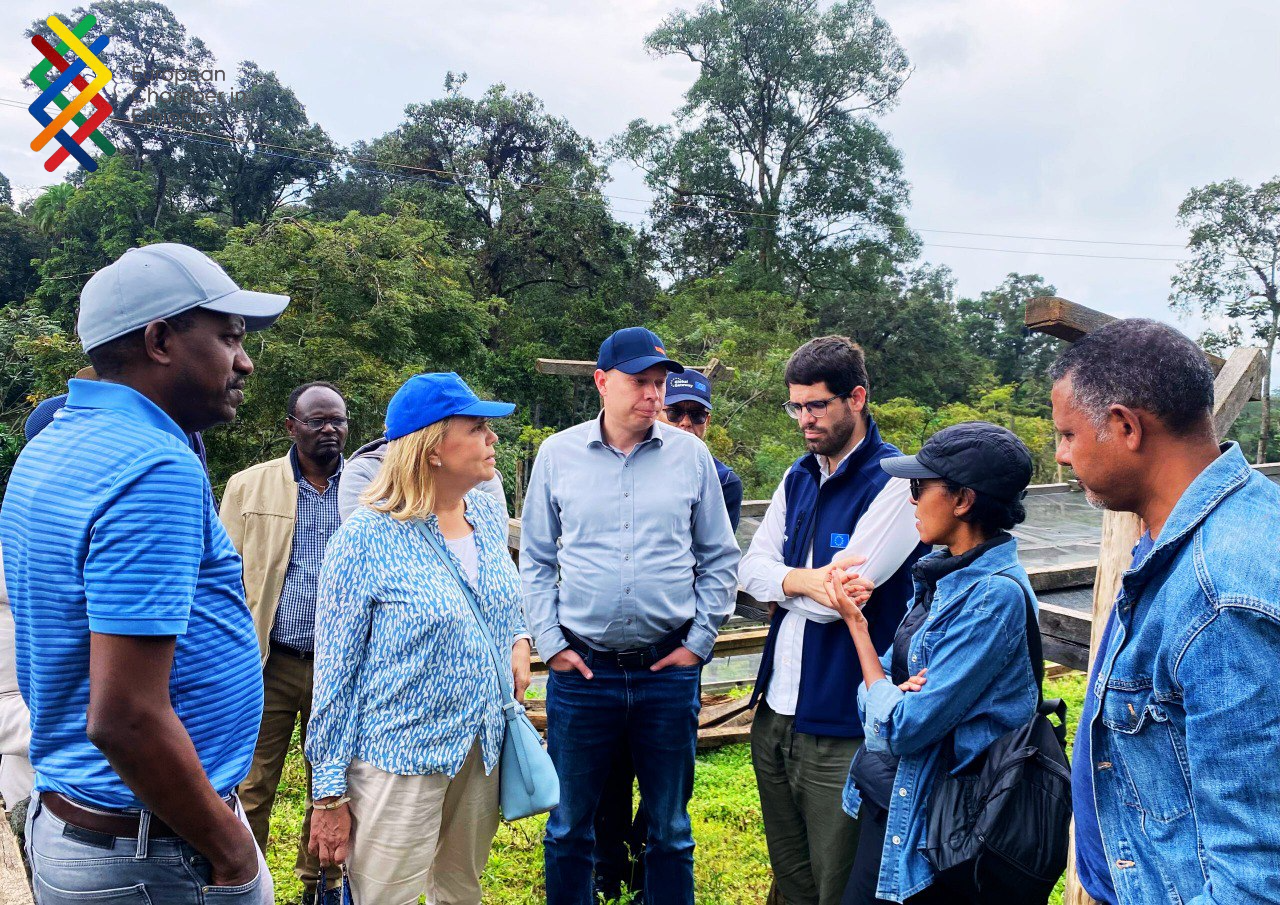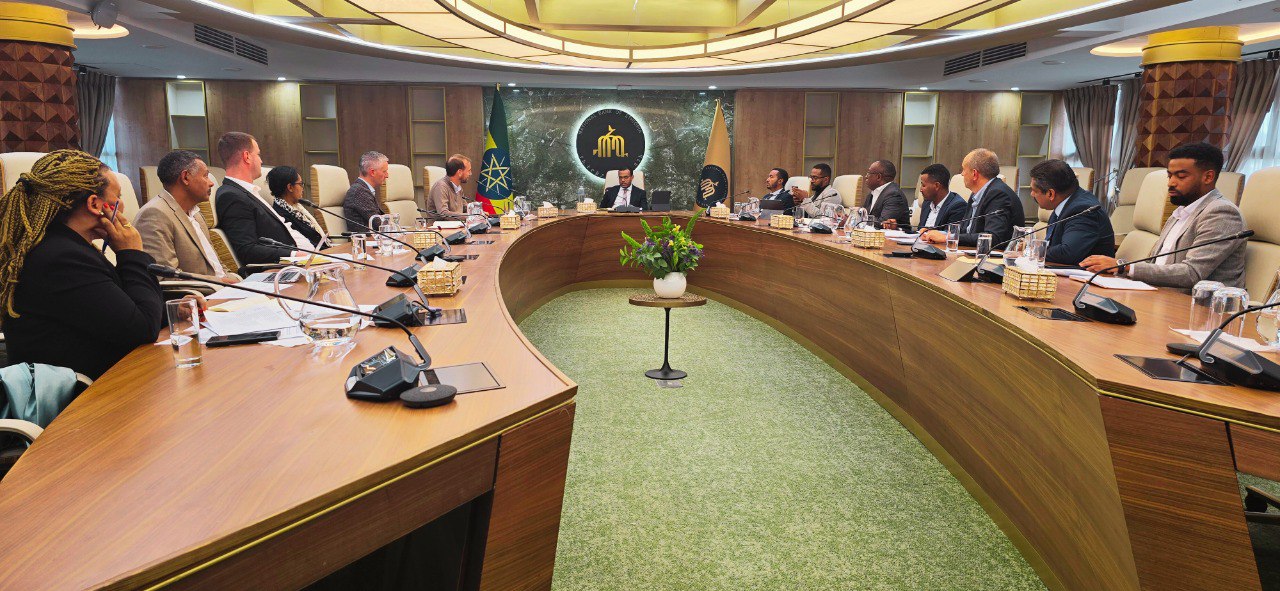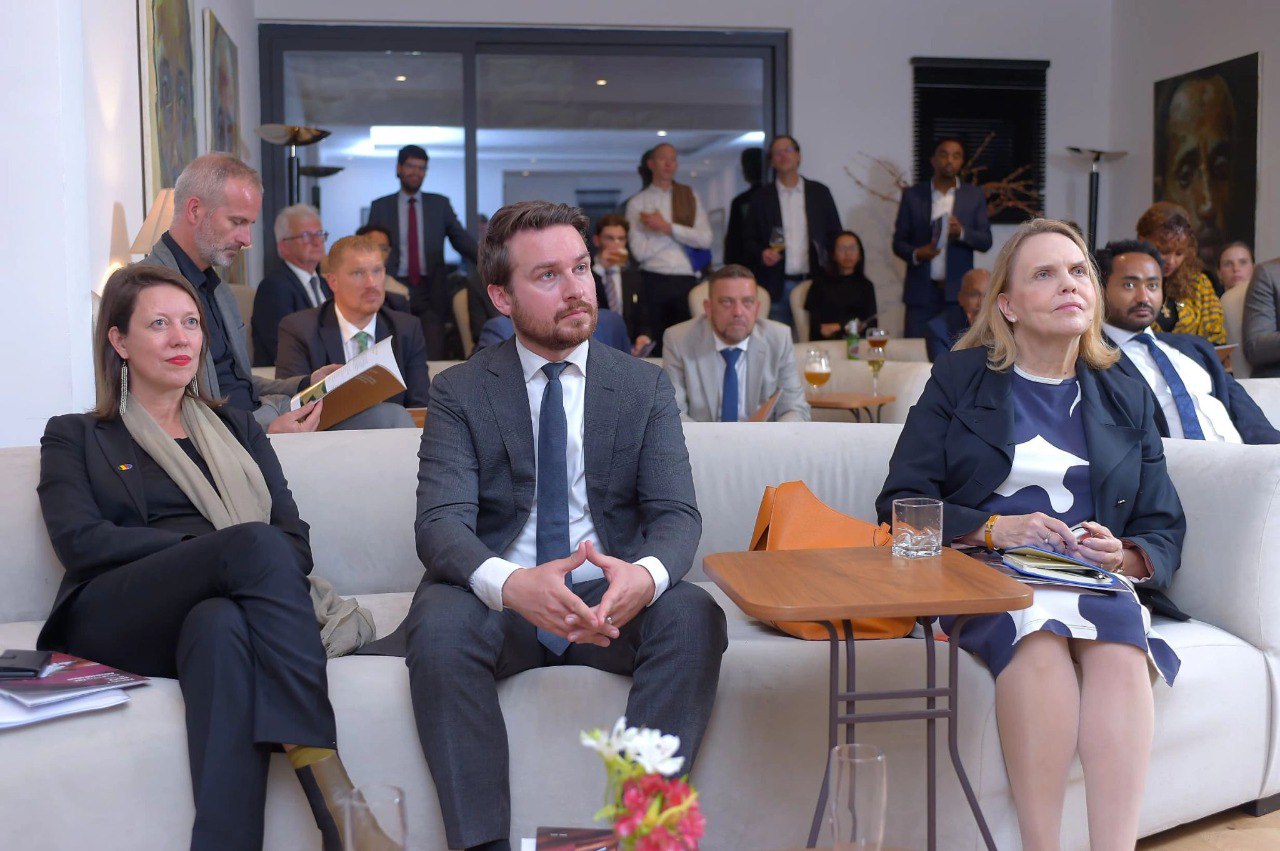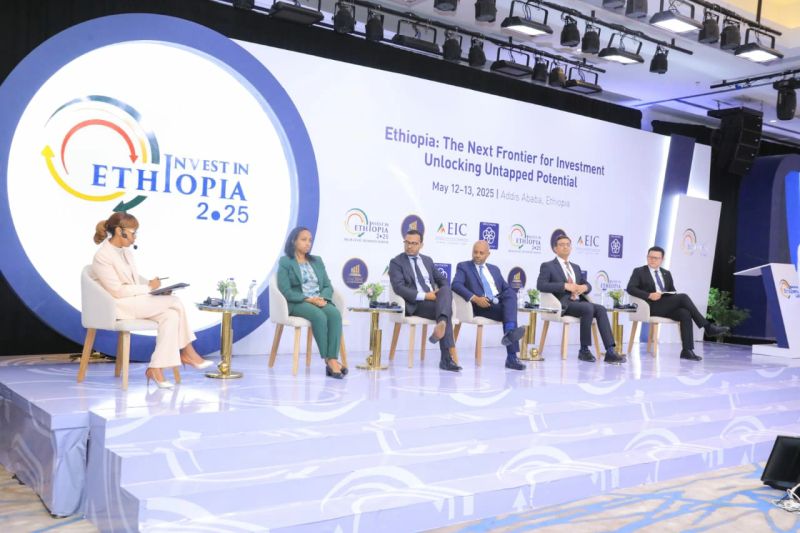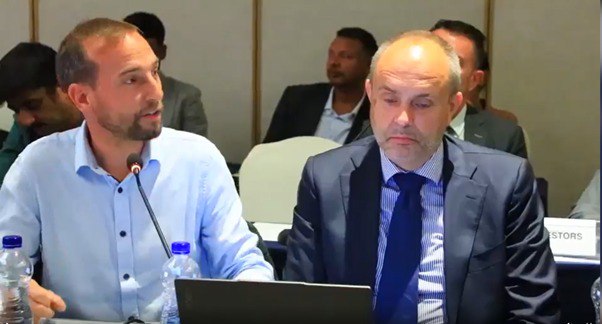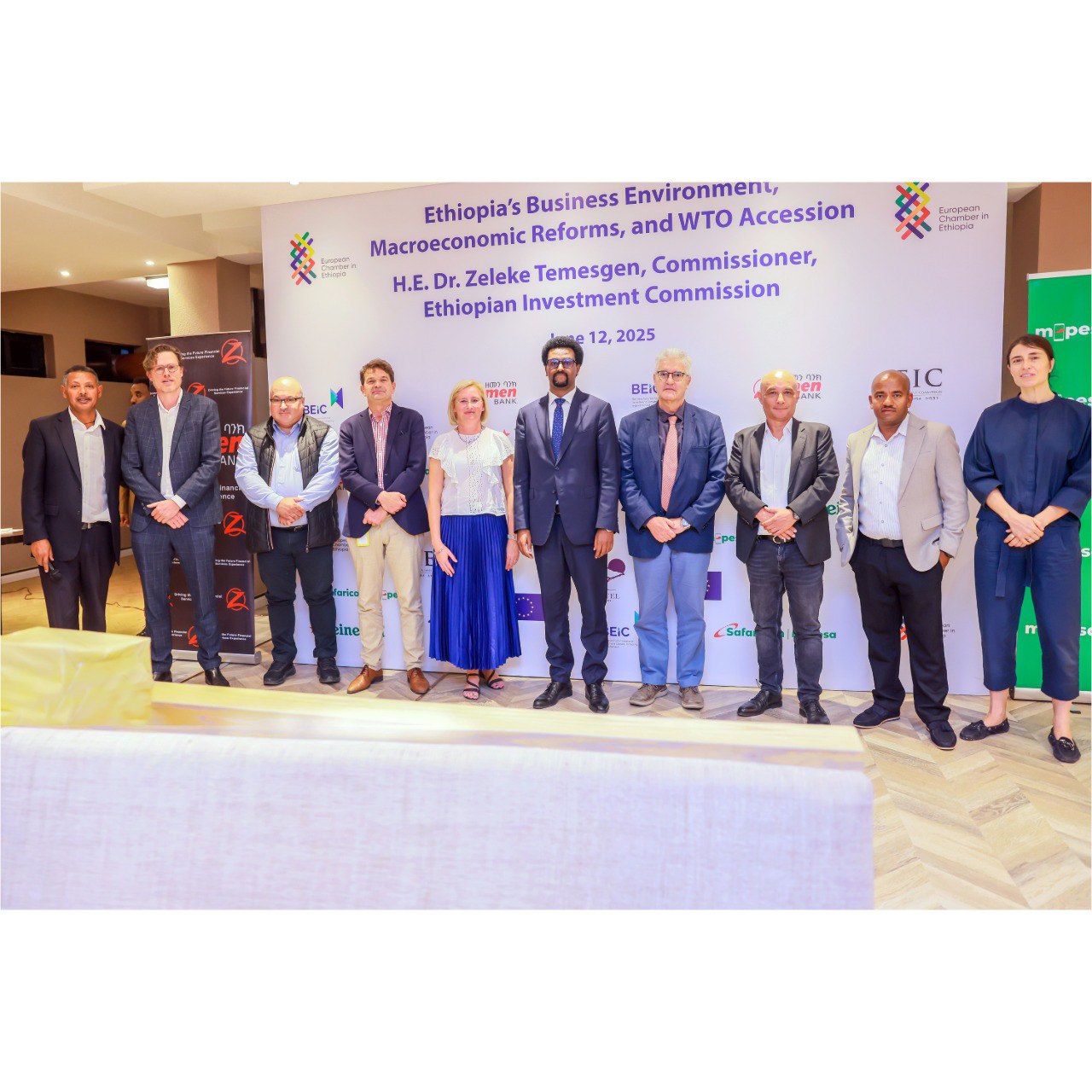
Ethiopia Pushes Forward on Reforms to Attract Investment and Join WTO
EIC Commissioner Dr. Zeleke Temesgen outlines Ethiopia’s progress on legal, institutional, and market reforms, highlighting private sector growth, sector liberalization, and WTO accession as key milestones in the country’s drive to create a more competitive and investor-friendly economy.
“Starting in the year 2020–2021, the private sector received more credit than the public sector for the first time in Ethiopia’s history,” Dr. Zeleke Temesgen, Commissioner, Ethiopian Investment Commission
Over the past seven years, Ethiopia has pursued a broad economic reform agenda under the Homegrown Economic Reform 1.0 program, launched in 2018. Built around six core pillars, the program prioritized improvements to the business climate and marked a shift toward private sector-led growth. According to Dr. Zeleke Temesgen, Commissioner of the Ethiopian Investment Commission (EIC), these reforms are beginning to deliver measurable results. Speaking at EuroCham’s CEO Networking Event on June 12, 2025, he discussed Ethiopia’s business environment, macroeconomic reforms, and WTO accession efforts, emphasizing the government’s commitment to institutional modernization and global integration. “Starting in the year 2020–2021, the private sector received more credit than the public sector for the first time in Ethiopia’s history,” said Dr. Zeleke.
Legal and regulatory reform has been another key area of focus. “As part of efforts to improve the business climate, the Ethiopian government has committed to revising most of our legal laws,” he noted, citing the implementation of more than 80 legal and administrative measures and amendments. These include updates to Ethiopia’s investment law and the overhaul of the 1960 commercial code. A major milestone in boosting investor confidence was Ethiopia’s accession to the New York Convention on the Recognition and Enforcement of Foreign Arbitral Awards. “We believe that it gives confidence to foreign investors, particularly in terms of considering Ethiopia as a safe place to invest in,” the Commissioner said.
Building on the initial momentum, the government launched Homegrown Economic Reform 2.0, with continued emphasis on improving the investment climate. “The second pillar specifically outlines how the Ethiopian government plans to improve the business climate for both trade and investment,” Dr. Zeleke said. “There is a serious commitment to create a very conducive environment for the business community.”
According to the Commissioner, among the most visible signs of change is sector liberalization. “The trading sector was opened by the Ethiopian Investment Board, and just a few weeks ago, the trading directive was amended again to further increase the participation of foreign investors,” he said. “Now foreigners can engage in wholesale trade, retail trade, and import-export trading.” The Commissioner noted that all previous preconditions have been fully lifted and that additional sectors are currently under review. “The financial sector, capital markets, and logistics are all under review. We are also discussing, at the macro level, how to further open the logistics sector,” he said.
A draft proclamation to allow foreign nationals to own immovable property is currently under review. According to the Commissioner, the measure is especially important for foreigners living and working in Ethiopia, as it fosters a stronger sense of belonging.
Meanwhile, progress continues on global economic integration. Dr. Zeleke noted that Ethiopia has finalized its Model Bilateral Investment Treaty, which is now ready for engagement. He also highlighted the country’s active role in shaping the investment protocol under the African Continental Free Trade Area (AfCFTA).
WTO accession, long dormant, is back in focus, with Ethiopia having started the process in 2003. According to the Commissioner, the country held its fifth Working Party meeting on March 19, 2025, and is now planning to convene the sixth in July, with a target of securing full membership by March 2026. “We have met all the deadlines set by the WTO secretariat and member states,” he said. “We received approximately 220 questions from various countries, including the European Union, and have submitted our responses to all of them.” He emphasized that bilateral market access negotiations remain the most pressing issue, with around 22 countries expressing interest in engaging bilaterally and the EU as a bloc also showing interest in negotiations.
The Commissioner also spoke about the government’s rollout of the second phase of its business climate reform agenda. “Around 62 reform agendas were identified and grouped into eight different categories,” Dr. Zeleke explained. “Thirteen fall within the category of taxation, which is taking a leading role in terms of the number of issues investors raise.”
The EIC is also working to improve investor engagement, with a focus on retaining and supporting existing businesses. “To attract more investors to Ethiopia, our top priority is supporting those already operating in the country,” Dr. Zeleke said. As part of this effort, the Commission organized two Public Private Dialogue (PPD) sessions, identifying 23 key issues raised by investors, ranging from customs and taxation to investment protection.
In response, 14 government institutions were assigned specific responsibilities. The EIC followed up with formal communications and established a dedicated committee to coordinate reform implementation. Dr. Zeleke noted that plans are also underway to set up a PPD secretariat to ensure sustained follow-through. He acknowledged the important role of the private sector in this process and expressed appreciation for the close collaboration with the European Chamber in Ethiopia in efforts to improve the business climate.
In closing, Dr. Zeleke outlined the Commission’s top priorities including completing bilateral market access negotiations for WTO accession, implementing the 62-point reform plan, institutionalizing Public Private Dialogues, and launching a fully digital EIC platform.
The event featured the launch of a new FDI mapping report, which highlights the contributions of EU investment in Ethiopia and outlines the key challenges facing European companies operating in the country. Commissioned by the EU-funded Business Environment and Investment Climate, Including E-Government (BEIC) Project to support EuroCham’s visibility and advocacy efforts, the report presents a comprehensive analysis of EU member states’ investment activities. It explores overall FDI trends, sectoral distribution, and employment contributions, while also identifying the main operational challenges reported by EU businesses. The report concludes with actionable recommendations to enhance Ethiopia’s investment climate and strengthen its broader business environment.
latest News
EuroCham Urges Reconsideration of EUDR Timeline
September 29, 2025
EuroCham Conducted Technical Discussions with Outgoing NBE Governor
September 17, 2025
Economic Delegation from Belgium Visits Ethiopia
July 3, 2025
